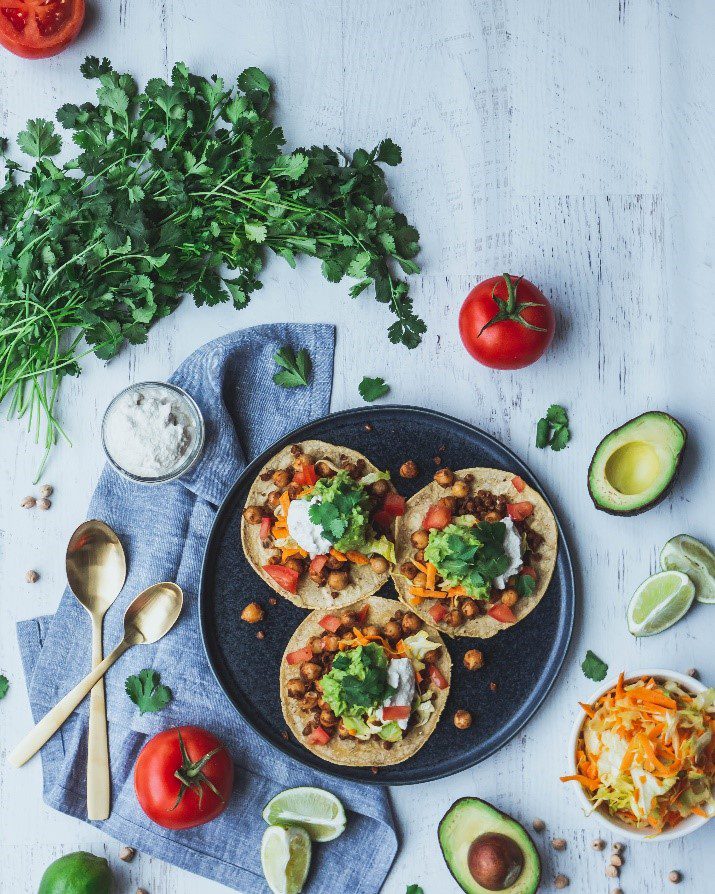People opt to adhere to a vegan diet for several reasons. Some have dietary restrictions that preclude dairy and other animal products. Other may want to reap the health benefits of eating a plant-based diet, particularly if they have high blood pressure, high cholesterol, or other heart problems. Many choose to go vegan due to concerns about animal welfare. Regardless of the reason, you may wonder if it’s possible to eat a vegan diet after bariatric surgery. The following are several things to expect if you make the switch:
- It will take time. It’s never a good idea to change your diet abruptly and radically. Transitioning from animal proteins to plant-based proteins requires an adjustment period. Start by swapping out one meal per day with a vegan option, or choose a day of the week that’s meat-free. Eating a plant-based diet requires some additional considerations to ensure you meet your protein needs, as most plant proteins don’t have all nine essential amino acids.
- You’ll eat larger portions. Vegan diets often translate to fewer calories. Plant-based foods aren’t high in fat, and many are water-rich. For example, three ounces of chicken is around 300 calories and is about the size of your palm. The same serving size of tofu only has approximately 60 calories. Your serving sizes will naturally increase to meet your nutritional needs while following a vegan diet.
- You’ll eat more often. Even as your portion sizes increase, your new anatomy has limitations. You may find yourself feeling hungry sooner than usual for two reasons. The water content of fruits and vegetables contributes to the feeling of fullness, but it doesn’t provide calories. Your body also digests fruits and vegetables faster than meat and fish. Focus on eating mindfully and paying attention to your body’s hunger cues rather than sticking to a strict eating schedule.
- You need to plan your meals well in advance. Many people struggle to stick to a vegan diet due to a lack of planning. You may find yourself feeling hungry while you’re out with friends and family or while running errands. While more restaurants are offering vegan-friendly options, you can find yourself with limited options.
- Remember that vegan is not synonymous with healthy. Eating a plant-based diet has several health benefits, but not all vegan foods are good for you. For example, Oreos are vegan, but they’re obviously nutrient-deficient. Frozen meat substitutes and vegan meals can also have a shocking amount of sodium and sugar. Veggie chips are another common pitfall, as they’re still fried and sodium heavy. Read the labels carefully on anything pre-packaged to avoid sneakily unhealthy vegan foods.
Changing your diet takes time as your body adjusts. Eating a vegan diet after weight loss surgery is possible, but bariatric patients need to remain vigilant to ensure they’re meeting their protein and nutritional needs. You may need to adjust your vitamin regimen as well to account for the vitamins and minerals that are typically found in animal products, such as vitamin B12 and calcium. Contact us to discuss any questions or concerns you may have about your diet options after bariatric surgery.





